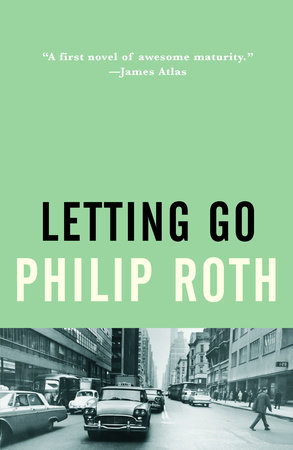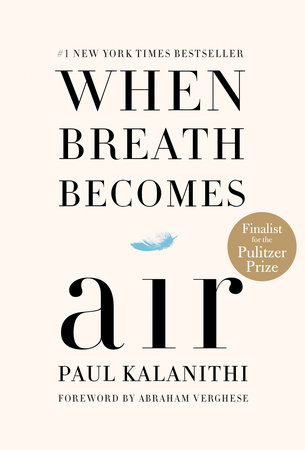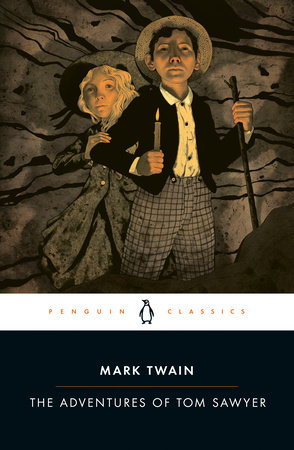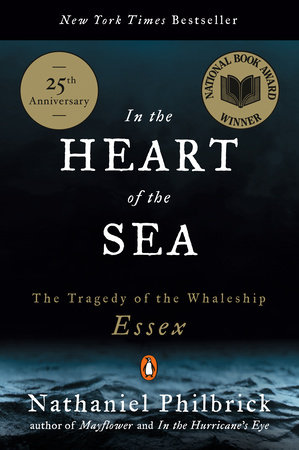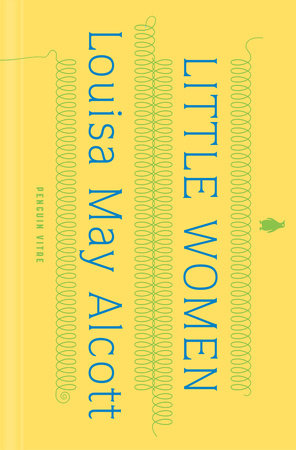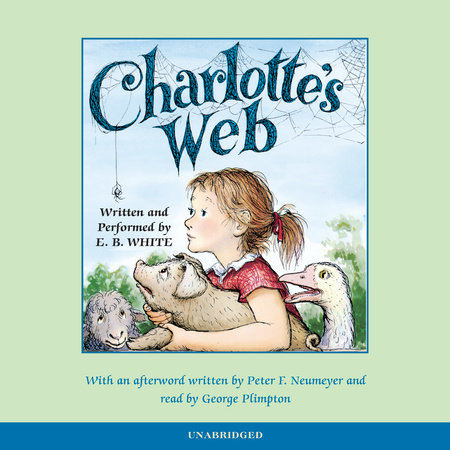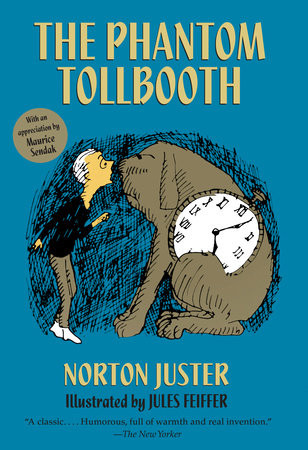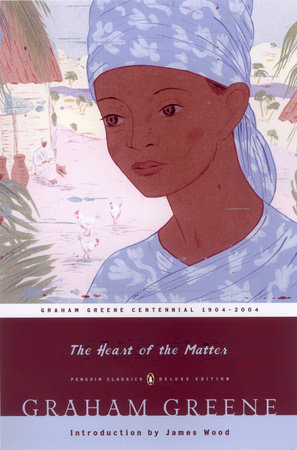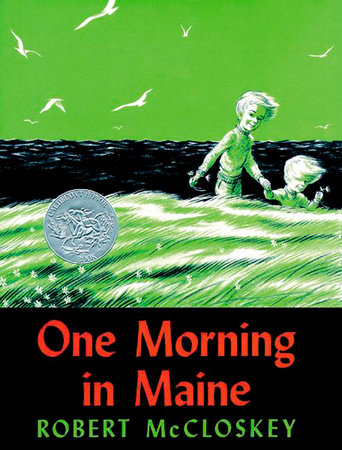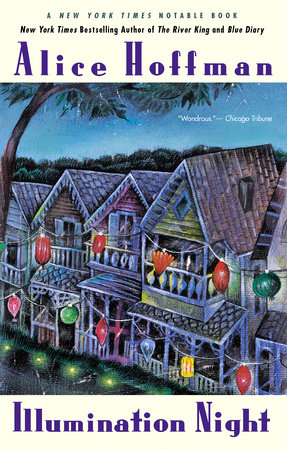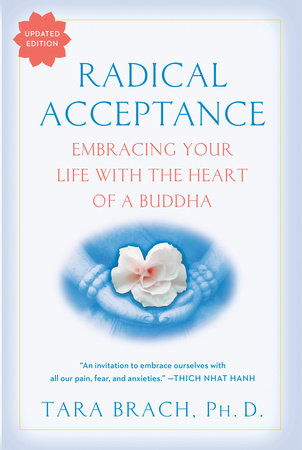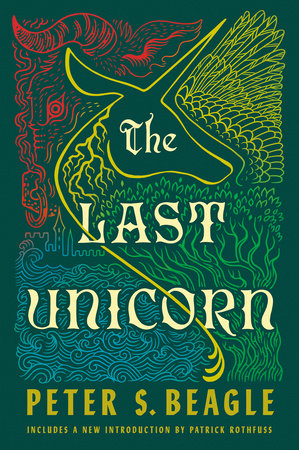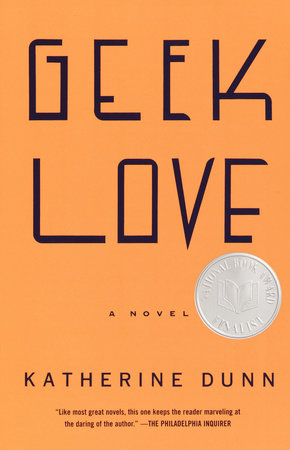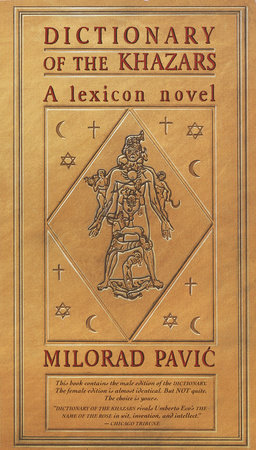“It was in 2004. I was twenty-one years old, a student of Comparative Literature at UC Berkeley, with hopes of one day becoming a writer, and although I read all day, I rarely ever received any books. I never understood why. Perhaps those around me thought it better to remind me of other pleasures in life than reading. Nevertheless, on one rainy evening in October, I did receive a gift. It was a novel titled
Youth: Scenes from Provincial Life II, written by a South African author, a Nobel Laureate, I had never heard of. His name was J. M. Coetzee. I began reading
Youth as soon as I got back home, and ever since then, my relationship with words has taken a completely different turn.
Published in 2002 as the second segment of Coetzee’s fictionalized memoir, the first being
Scenes from Provincial Life: Boyhood, Youth, Summertime, Youth is about a young man who flees the political turmoil of Cape Town in the 1960s, seeking refuge in London. This is not, however, so much a story about the tribulations of flight and refuge but about a journey of dreams and hopes of self-realization that gradually becomes one of self-loathing, failure, and isolation. The protagonist has come to London with the dream of becoming a great poet. He also wants to find the love of his life, and until then, hopes to lunge into the legendary sex world he has so much mused about. In London, he wants to become the man that he felt in part he could not become in Cape Town. This semi-biographical novel, which is written in the present tense and in which Coetzee refers to himself as “he,” ends with the narrator doing a tedious job as a computer programmer for IBM, having engaged in very few quite sullen, passionless sexual encounters, and the closest he comes to love is with the beautiful Italian actress Monica Vitti, who floats before him unreachable and phantom-like on the screen of a half-empty cinema. He never becomes a great poet. He barely ever writes.
Reading
Youth, I remember I was thunderstruck. I had never read anything like it before. The lucidity, the honesty, the tenderness. Coetzee unfolds the agonizing disintegration of dreams with what seemed to me an unwavering, at times even brutal, almost mathematical precision. Not one word can be exchanged for another, not one phrase can be written otherwise. It was amazing to me that one can write in such brief, succinct terms—the novel itself is less than two hundred pages—and yet bore so deep into the human soul with all its maddening, fearful, convoluted urge to be set free. You have to learn to write like him, I told myself. Keep it short. Do not digress. Be sparing. Be precise. Treat every word like it is the last word that lives. From reading
Youth, I learned to write in present tense when speaking about my past and use “she” when writing about myself. I learned what it means to fictionalize what one has lived and what it means to give reality to what one remembers.
It has now been about twelve years since I first came across Coetzee’s writing, and his novels continue to sit on my desk, accompanying my writing every step of the way. I have not come anywhere close to what I wish I could accomplish, but Coetzee’s novels are always there, giving me guidance as well as inspiration, and as I would like to look at it, discipline.” —Sahar Delijani, author of
Children of the Jacaranda Tree






